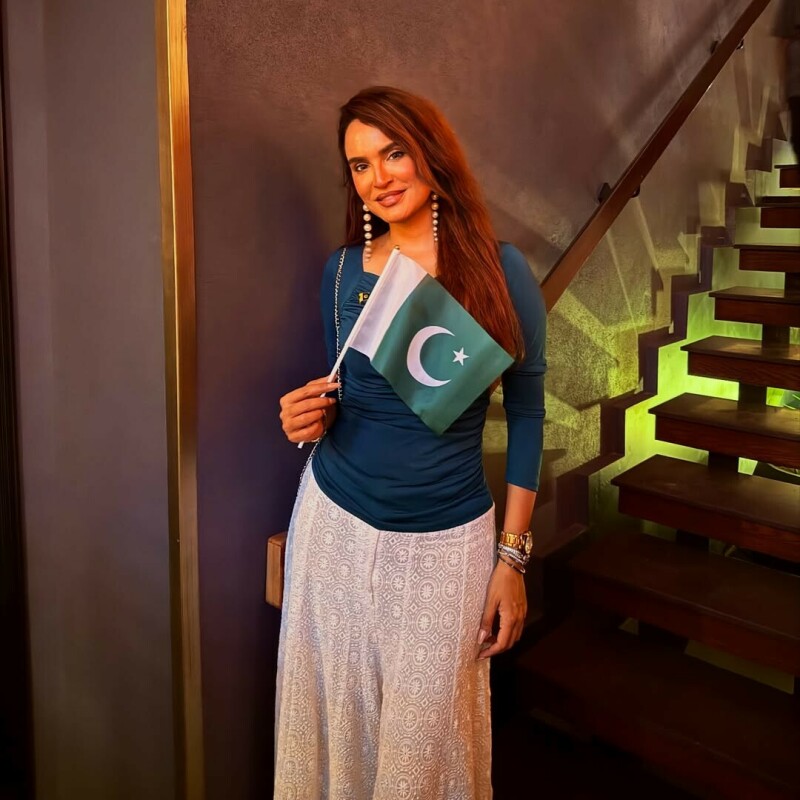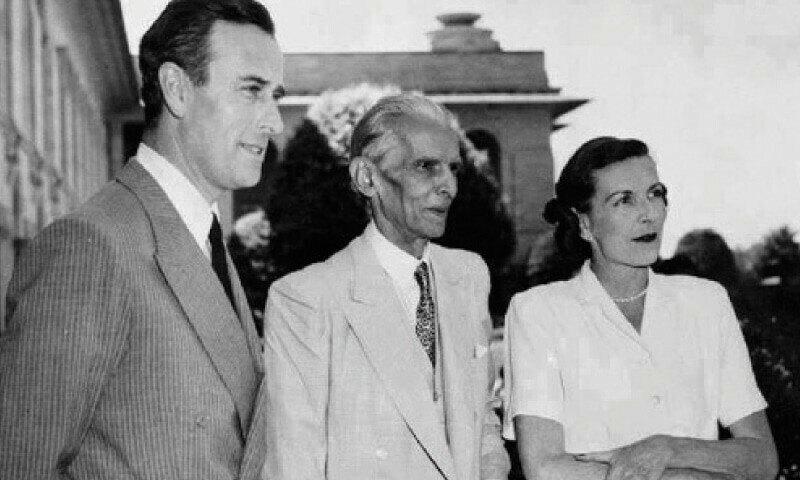Two Ajoka plays tell stories of political upheaval and Pakistan's rocky democratic journey
Two Ajoka Theatre plays were staged at the Pakistan National Council of the Arts (PNCA) over the weekend, pulling in a number of Ajoka fans as well as theatre enthusiasts in general.
One of the plays performed was Chaak Chakkar, an Urdu adaptation of Bertolt Brecht’s The Caucasian Chalk Circle. The play is based on a Chinese parable and placed in the Caucasian region of Georgia, while in Shahid Nadeem’s adaptation, it is placed in the period of political turmoil during the fall of the Mughal Empire in the Indian subcontinent, depicting the decadence of the Muslim society, the rampant corruption, palace intrigue and selfishness of the elite.
Although the play was written and staged first in 1985 during the repressive rule of Gen Ziaul Haq, it is true depiction of the society even today as “the class contradictions, exploitation of the working class, disposing of the people from their land and resources and lust for power, wealth, judicial activism and political upheavals still persist,” explained Mr Nadeem, a celebrated playwright and pioneer of the golden era of Pakistan Television.
The story begins in the midst of a chaos. Subedar Akharzai (Nabeel Butt) is executed, and his wife Subedarni (Rabeel Butt) flees, abandoning her infant son.
Rano (Hina Tariq), who played the role of a maid very brilliantly, rescues the baby boy. She is forced to make a series of agonising choices that jeopardise her relationship with her fiancé, Karamdad (Suhail Tariq), a young sepahi.
Evading the pursuing troops, the maid takes the boy to her village, finds shelter with her brother and is forced into marriage with a supposedly dying farmer.
When the tide turns, the Subedarni returns to reclaim the child, who happens to be the inheritor of a huge fortune.
The case is presented before a rogue-turned-maverick judge (Usman Raaj) who hands over the boy to the housemaid.
The political situation and the suo motu arbitrary justice of Judge Ajab Khan makes the play meaningful for contemporary Pakistan while the costumes and songs in the Brechtian tradition make the play entertaining and enjoyable.
The play presents fundamental questions about the ownership of the country’s wealth and resources as well as class contradictions and the real nature of justice and democracy and the greed and selfishness of the ruling class.
The play ends with a narration about the miseries of workers and peasants who are yearning for their rights and for justice for the last 70 years, remembering the struggle of the Okara farms tenants.
The play was executed by assistant director Naseem Abbas in the absence of director Madeeha Gauhar, who could not come to Islamabad.
The second play Charing Cross is a political tour d’force depicting tumultuous events since the creation of the country, such as coup d’états, the hanging of the first democratically-elected prime minister Zulfikar Ali Bhutto, the persecution of political workers and dictatorship, the restoration of democracy in 1989 and Benazir Bhutto’s assassination.
“Charing Cross is not just about the place which was once unsuccessfully renamed Faisal Chowk, but about the city of Lahore, and broadly speaking about Pakistan,” said Mr Nadeem, who wrote and directed the play.
The monumental changes and upheavals witnessed by Charing Cross have pulled and pushed Pakistani society in different and sometimes opposing directions, veering left and then right, towards peace and compassion and violence and hatred at the same time. In the backdrop of this there are stories of ordinary people, affected, inspired or disillusioned by significant events.
“In view of the fast-paced and mind-boggling changes taking place on and around the square, we can say that Charing Cross is a ‘developing story’,” Mr Nadeem said.
He added that there was always space for serious theatre to depict the untold stories of the people.
Originally published in Dawn, April 23rd, 2018










